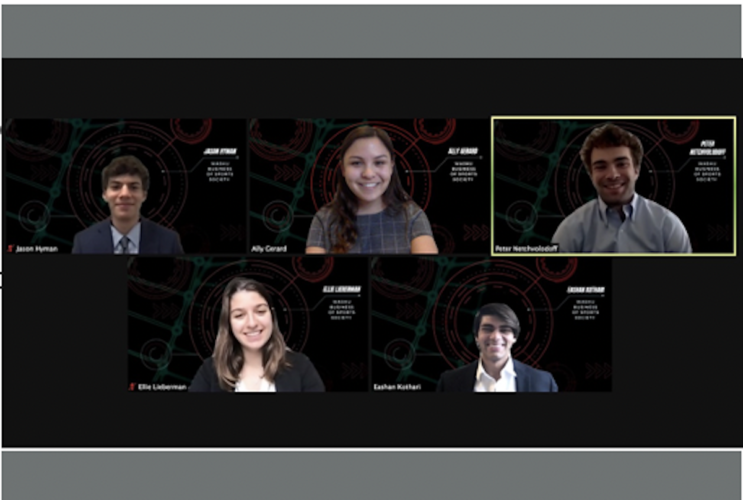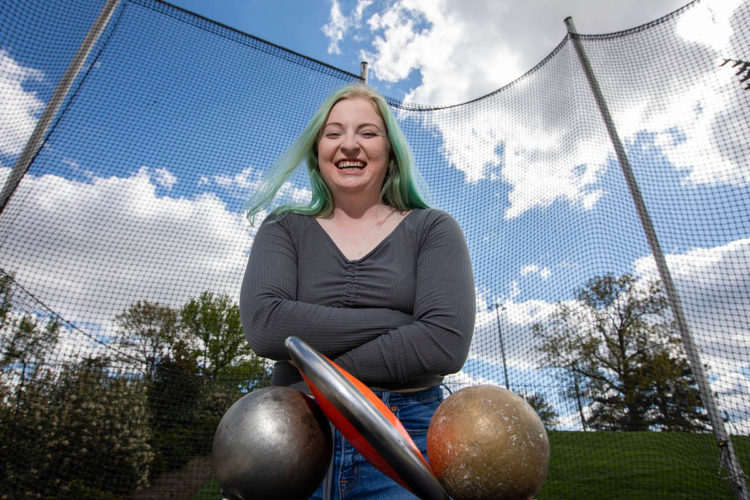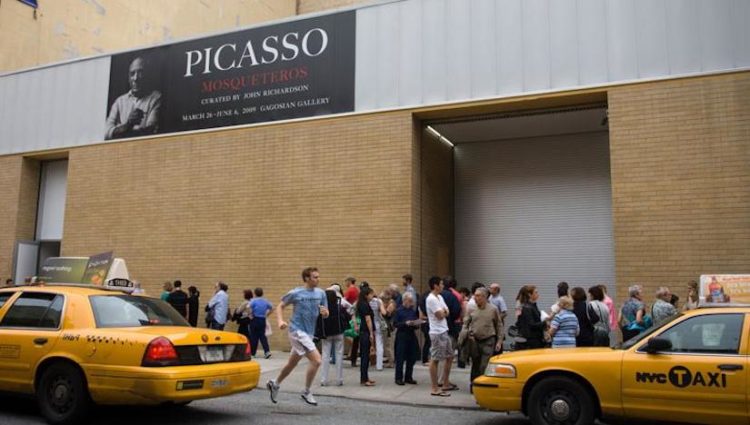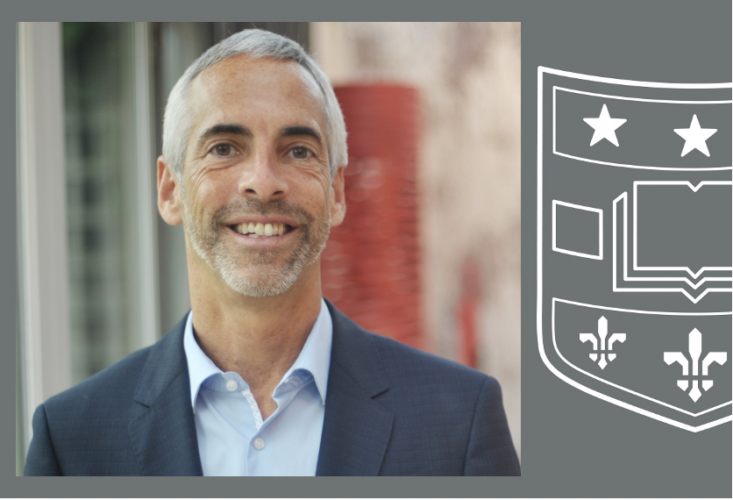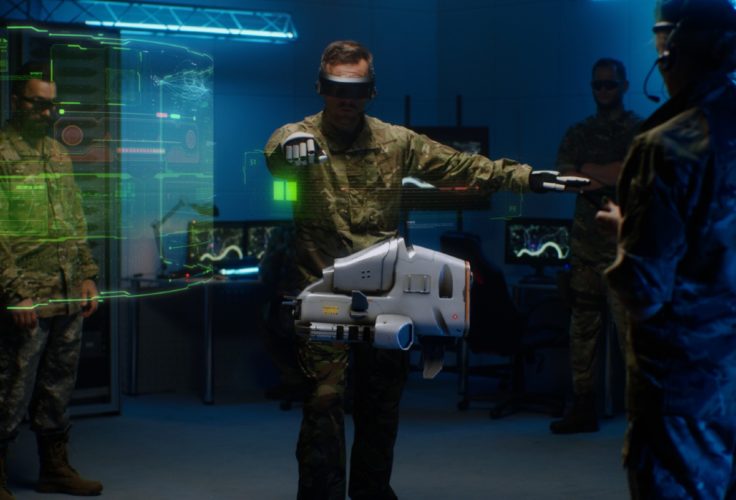Ally Gerard, BSBA ’22, who was recently elected president of Olin’s Business of Sports Society, describes the origins of her interest in sports business and exciting plans for her upcoming term.
Growing up in Los Angeles, I was always intrigued by the sports and entertainment industry. I was never an athlete in the traditional sense (instead opting for a 12-year run at Irish dancing), but with nearly a dozen professional and collegiate teams in Southern California, there was never a night of sports-free television.
Soon enough, that avid fandom evolved into a profound passion for the business, at which point a top-notch Midwest university with a budding sports business program piqued my interest.
When I told people—even family and friends—I would be studying sports business at WashU, they questioned my academic and professional interests. “So … you just want to be on TV?” “Interviewing players after the game?” “Is your goal to be like Jerry Maguire? Moneyball?”
I heard it all. In an ecosystem so consumed by Hollywood and cinematic wanderlust, nobody really understood my ambitions or could envision a place for females in top front office roles, given popular cultures’ skewed representation of the industry at large.
Supported inside and outside the classroom
In just three years, my sports business acumen has developed exponentially, through the support of Patrick Rishe, director of Olin’s sports business program, and my peers in BOSS. The Business of Sports Society was founded in October 2019 to help WashU students learn about and gain real-world experience in the sports and entertainment industry.
While the COVID-19 pandemic disrupted much of our initial goals for the organization, I am beyond proud of the way our club has pivoted and thrived in the virtual environment.
I was elected president in October 2020 with the intention of promoting experiential learning, mentoring and working opportunities. We were able to quickly form a strong and passionate executive board, and we spent weeks this winter reflecting on the original direction of BOSS and altering our objectives to cater to the remote setting.
Over the past eight months, BOSS has launched four pro-bono sports consulting projects, welcomed eight industry leaders as guest speakers at biweekly meetings, and sent six student representatives to the 2020 MIT Sloan Sports Analytics Conference, the holy grail of sports business conventions.
Spreading their wings at the SSAC
As a first-year student, I had the privilege of attending the SSAC in person in Boston in 2019, and after assuming the role of president I was committed to providing this opportunity (albeit virtual) for more of my peers. After appealing for funding from the Olin BSBA office, we were able to secure six conference tickets for our members to attend this unforgettable two-day virtual learning experience.
Between panels, presentations and networking events with the likes of Jessica Gelman, Daryl Morey, Mark Cuban and more, SSAC celebrated the resiliency of the industry and its ability to innovate moving forward. Our very own Devlin Sullivan, BSBA ’22, even won the prestigious MLB Hackathon Event in the student category!
As we continue to grow and progress as an organization, I look forward to future BOSS leaders providing these unique and memorable experiences for our members. Though I will soon transition BOSS leadership to the next generation of sports business change-makers, I am beyond grateful for the opportunity to serve this wildly passionate and genuine community.
“BOSS has opened up endless doors for me,” said soon-to-be BOSS Vice President Eashan Kothari, BSBA ’24. “I have already learned endless amounts of information about this intricate industry, and I am grateful for the advice across a variety of topics that will help me succeed in life.”


